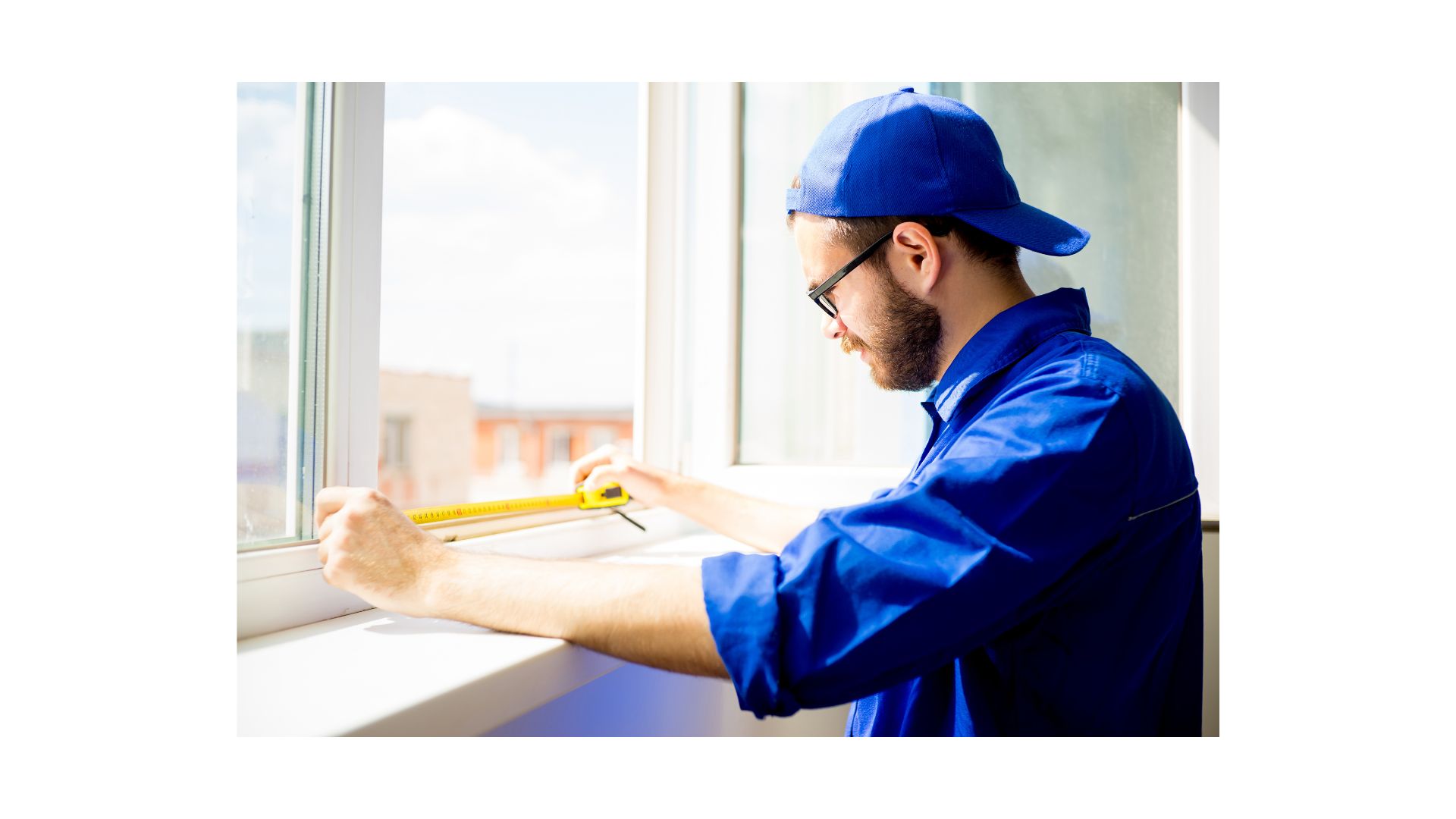
Stunning Transformations with Quality Window Replacement
In the realm of home improvement, few projects can yield as striking and transformative results as quality window replacement. Beyond merely enhancing aesthetics, new windows can revolutionize the functionality and energy efficiency of a home. Imagine a house with outdated, drafty windows being effortlessly upgraded to sleek, energy-efficient models that not only reduce utility bills but also elevate the overall comfort and appeal of the living space. Modern advancements in window technology offer a myriad of benefits. From noise reduction and improved insulation to enhanced security features, the options are vast and tailored to meet various homeowner needs. Whether aiming to revitalize a historic property or update a contemporary home, choosing quality window replacement is an investment that promises long-term rewards. By choosing the right style and material, homeowners can not only boost curb appeal but also increase property value while enjoying a more comfortable and eco-friendly living environment.
Enhancing Home Aesthetics: The Impact of Quality Window Replacement
Windows are often overlooked elements of home design, yet they play a crucial role in defining the aesthetics of your living space. Quality window replacements can transform the appearance of your home, enhancing both its exterior curb appeal and interior ambiance. In this blog post, we delve into how upgrading your windows can make a significant impact on the overall aesthetic appeal of your home.
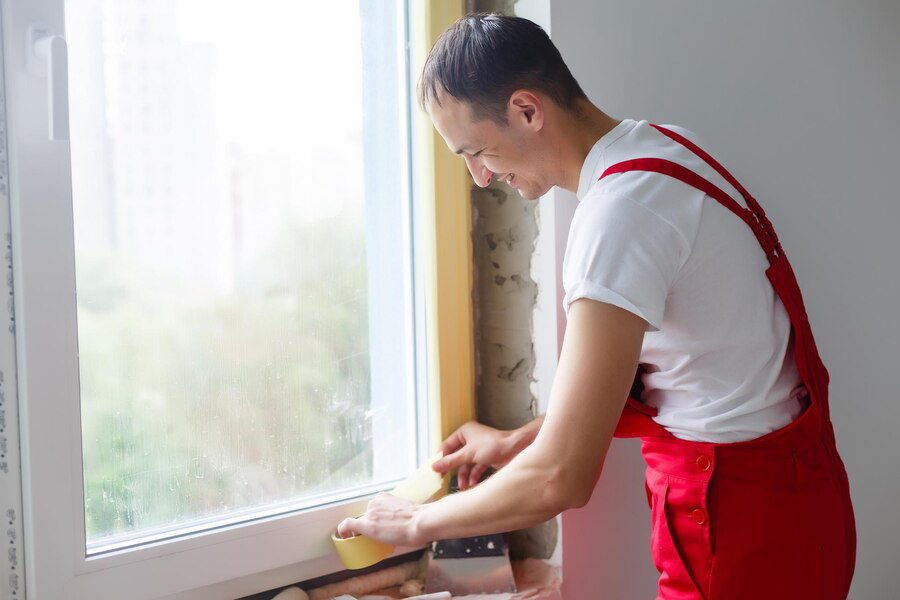
The Importance of Aesthetics in Home Design
In the realm of home design, aesthetics are paramount. Windows are not just functional openings; they contribute to the character and style of your home. Old, worn-out windows can detract from an otherwise beautiful facade, while new, well-chosen windows can elevate it to new heights. Whether your home is modern, traditional, or eclectic, the right windows can tie everything together and enhance its visual appeal.
Choosing the Right Window Styles
The first step in enhancing your home’s aesthetics through window replacement is choosing the right styles. Consider architectural factors such as the shape and size of your windows. For a traditional home, classic double-hung or casement windows might be appropriate, while sleek, floor-to-ceiling windows can complement a contemporary design. Matching the window style to your home’s architecture ensures a cohesive look that enhances its overall appeal.
Materials Matter: Enhancing Durability and Beauty
Selecting the right materials is crucial not only for aesthetics but also for durability and energy efficiency. Options such as vinyl, fiberglass, wood, or aluminum each offer unique aesthetic qualities and maintenance requirements. Wood frames, for instance, provide a classic, warm appearance that can be stained or painted to match your interior decor, while vinyl frames offer low maintenance and modern appeal. Choosing high-quality materials ensures your windows look beautiful and perform optimally for years to come.
Boosting Natural Light and Visual Space
One of the most significant impacts of quality window replacement is the enhancement of natural light and visual space within your home. Larger windows or strategically placed picture windows can flood rooms with natural light, making them appear more spacious and inviting. This not only improves the aesthetics but also enhances the overall mood and functionality of your living spaces.
Enhancing Indoor-Outdoor Connectivity
Modern window designs can blur the line between indoor and outdoor living spaces, contributing to a seamless connection with the exterior environment. Sliding glass doors, expansive bay windows, or bi-fold windows can create a sense of openness and flow, allowing you to enjoy your surroundings while inside. This enhances both the aesthetic appeal and livability of your home, creating a harmonious balance between nature and architecture.
Expert Tips: Planning Your Window Replacement Project
Planning to replace your windows is a significant home improvement project that requires careful consideration and preparation. From choosing the right windows to finding reputable contractors, there are several crucial steps to ensure a successful outcome. In this blog post, we’ll provide expert tips to guide you through the planning process for your window replacement project, helping you make informed decisions and achieve the best results for your home.
Assessing Your Needs and Goals
Before you begin, take the time to assess your current windows and identify what you hope to achieve with replacements. Consider factors such as energy efficiency, aesthetic preferences, and functionality. Are you looking to reduce energy bills, enhance curb appeal, or improve indoor comfort? Understanding your goals will help you prioritize features and make informed decisions throughout the project.
Understanding Window Styles and Materials
Familiarize yourself with different window styles (e.g., double-hung, casement, sliding) and materials (e.g., vinyl, wood, aluminum). Each option offers unique benefits in terms of aesthetics, durability, and maintenance requirements. Research the pros and cons of each type to determine which best fits your home’s architecture, climate, and budget.
Setting a Realistic Budget
Establishing a budget is crucial before embarking on any home improvement project. Factor in costs for materials, labor, permits, and any unexpected expenses. Remember that quality windows are an investment in your home’s value and energy efficiency. Balancing cost with long-term benefits will ensure you get the best value for your money.
Researching Local Regulations and Building Codes
Check with your local authorities to understand regulations and building codes related to window replacements. Some areas may have specific requirements regarding window size, placement, or energy efficiency standards. Adhering to these regulations ensures compliance and avoids potential fines or delays in your project.
Choosing a Reputable Window Contractor
Selecting the right contractor is crucial to the success of your window replacement project. Seek recommendations from friends, family, or online reviews. Verify the contractor’s credentials, such as licenses, insurance, and certifications. Request references and examples of past work to ensure they have experience with window installations similar to yours.
Energy Efficiency: Saving Money and the Environment with New Windows
Upgrading to energy-efficient windows not only enhances the comfort and aesthetics of your home but also offers significant financial and environmental benefits. In this blog post, we explore how investing in new windows can help you save money on energy bills while reducing your carbon footprint.
- Reduced Energy Consumption: Energy-efficient windows are designed to minimize heat transfer, keeping your home cooler in summer and warmer in winter without over-reliance on heating and cooling systems.
- Lower Utility Bills: By improving insulation and reducing air leakage, energy-efficient windows can lower your heating and cooling costs throughout the year, potentially saving hundreds of dollars annually.
- Environmental Impact: Using less energy translates to lower greenhouse gas emissions, contributing to a more sustainable environment and reducing your household’s carbon footprint.
- Improved Comfort: Energy-efficient windows help maintain consistent indoor temperatures, reducing drafts and cold spots near windows, and enhancing overall comfort for occupants.
Conclusion
Upgrading your home with quality window replacements can truly achieve stunning transformations. Not only do new windows enhance the aesthetic appeal of your residence, but they also offer improved energy efficiency and functionality. Whether you’re looking to modernize your home’s appearance or reduce energy costs, EZ Window Solutions of Strongsville stands ready to assist you.
At EZ Window Solutions, based in Strongsville, Ohio, we are committed to delivering top-notch window replacement services tailored to your specific needs. Our team understands the importance of both style and functionality when it comes to your home’s windows. With a dedication to quality craftsmanship and customer satisfaction, we ensure that each installation is completed with precision and care. Contact us today at +1-440-230-3838 to explore how our expertise can transform your living space with beautiful, efficient windows that stand the test of time. Experience the EZ Window Solutions difference and discover the perfect windows for your home.

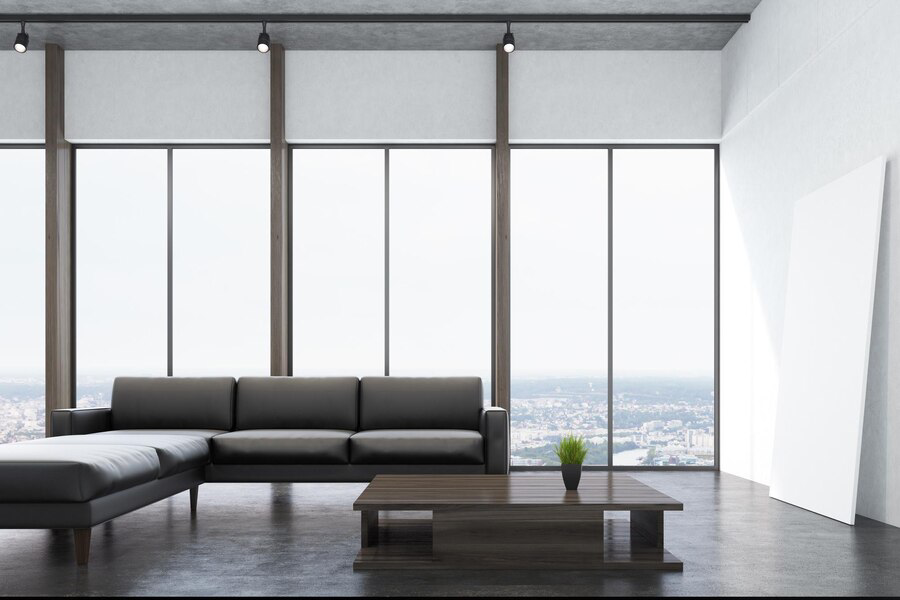

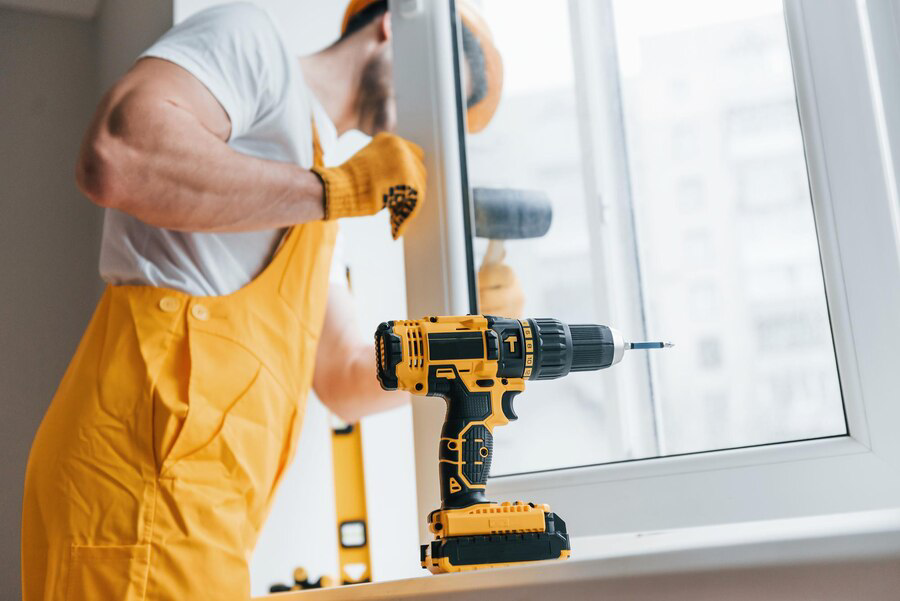
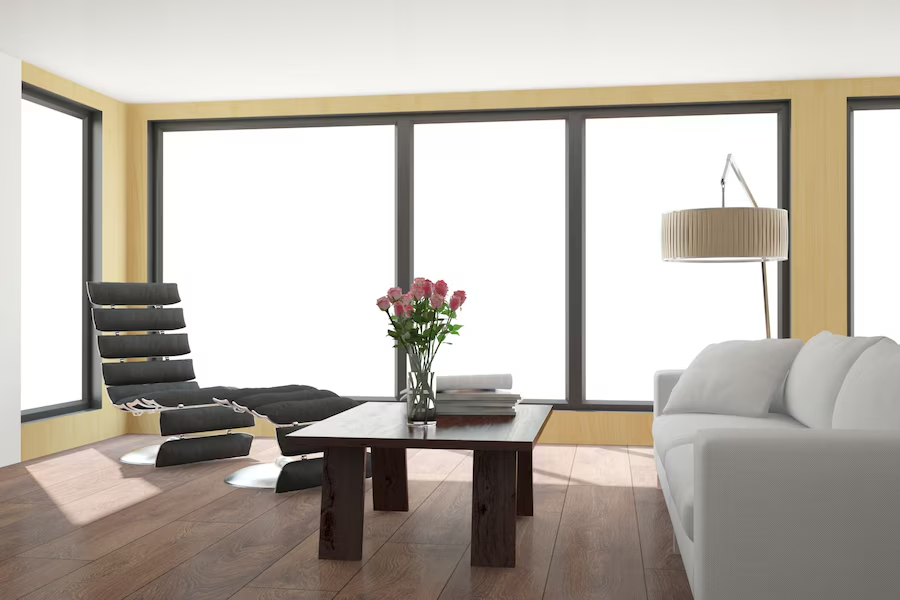
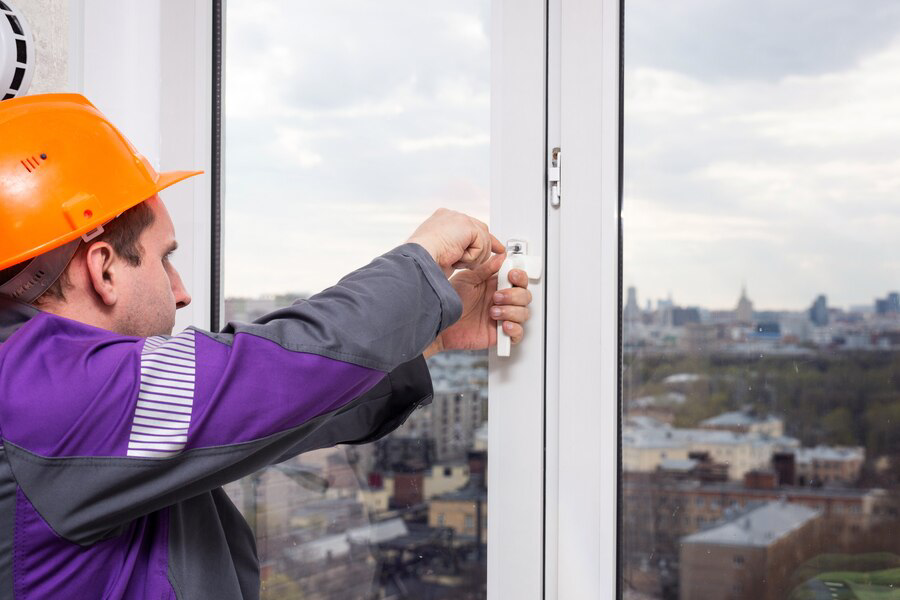
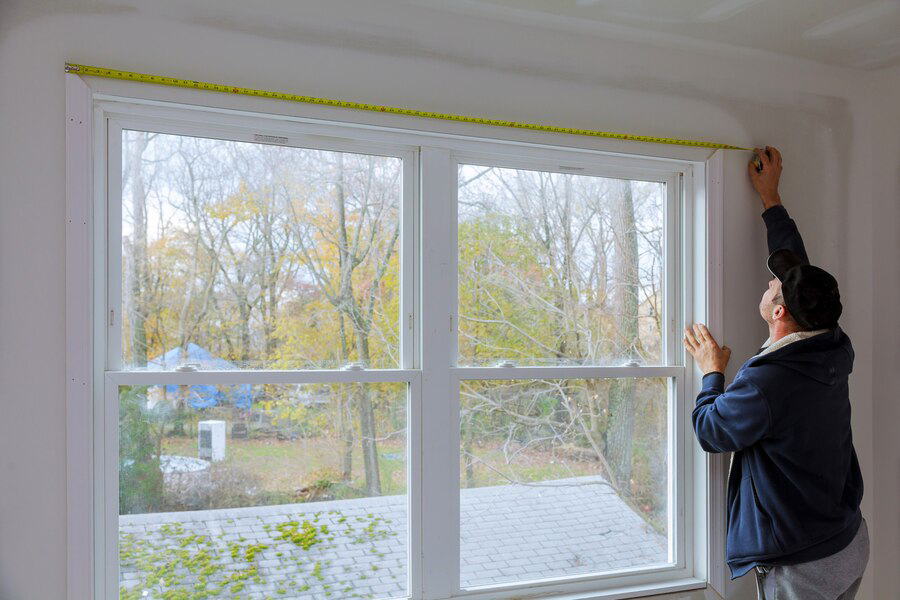
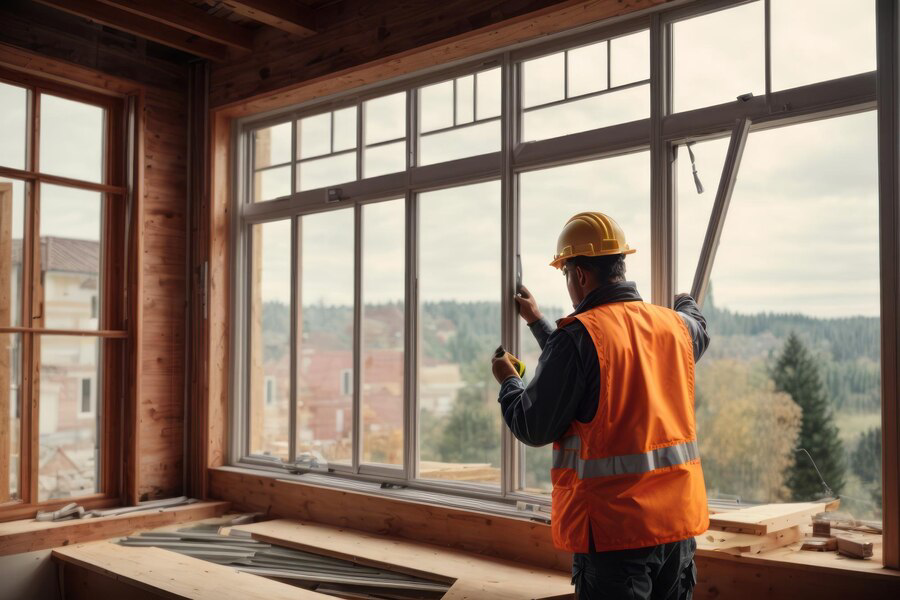

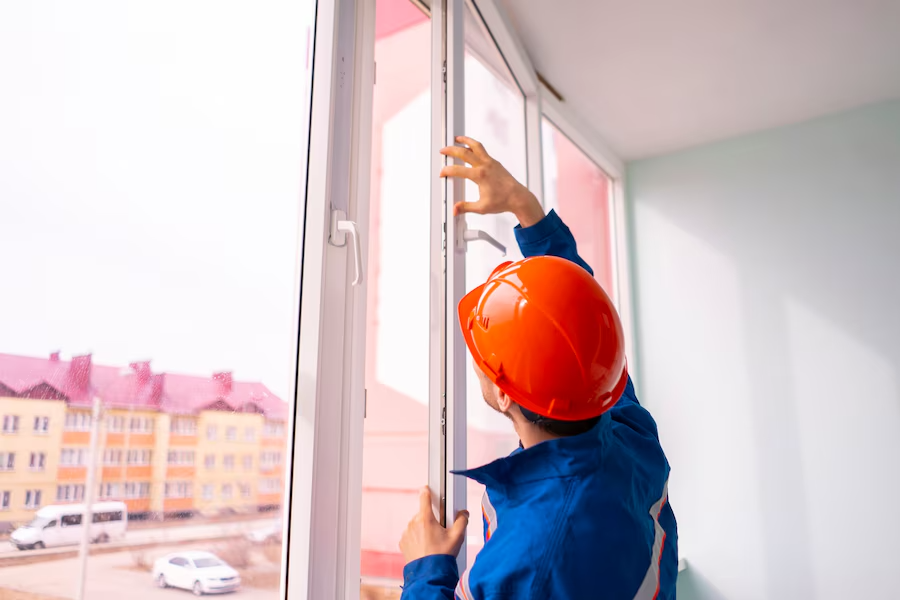
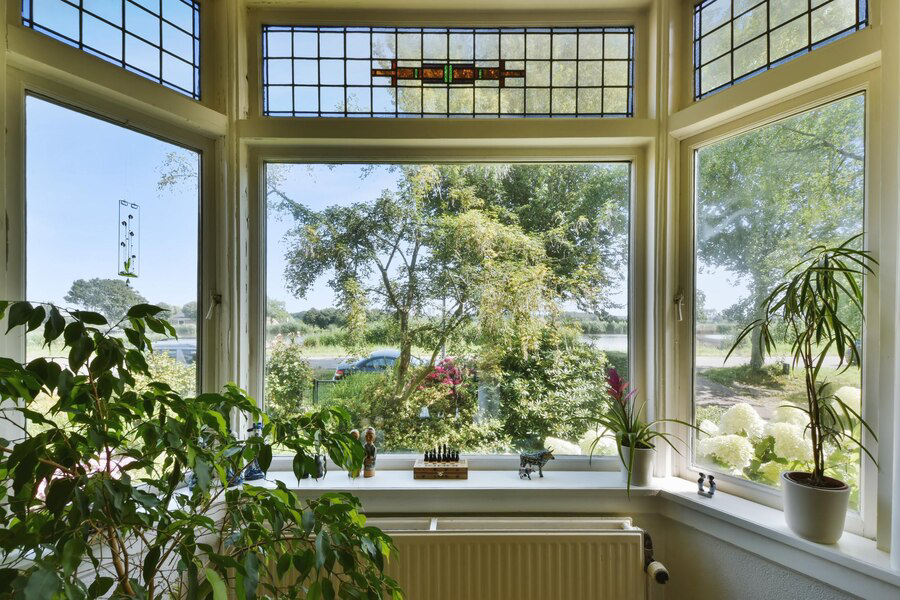
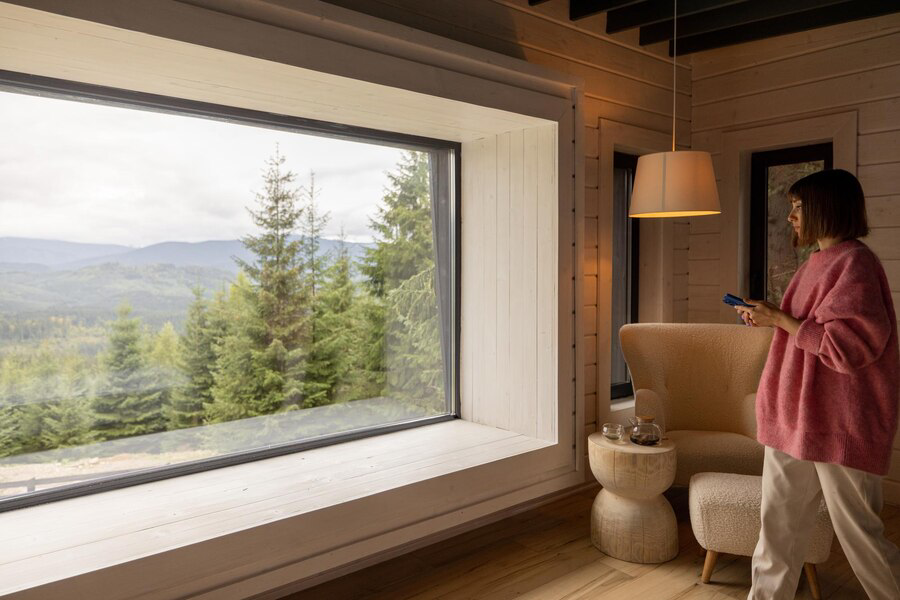
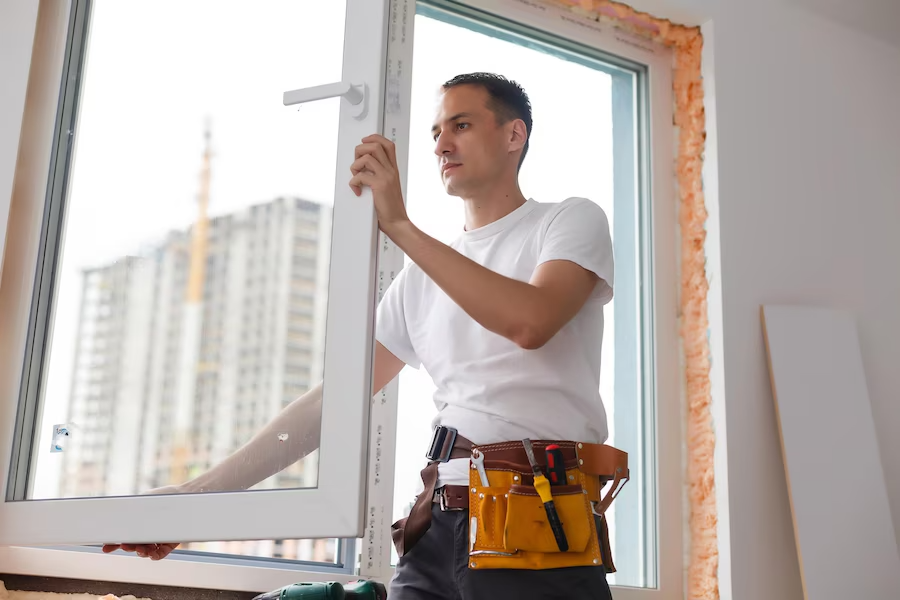
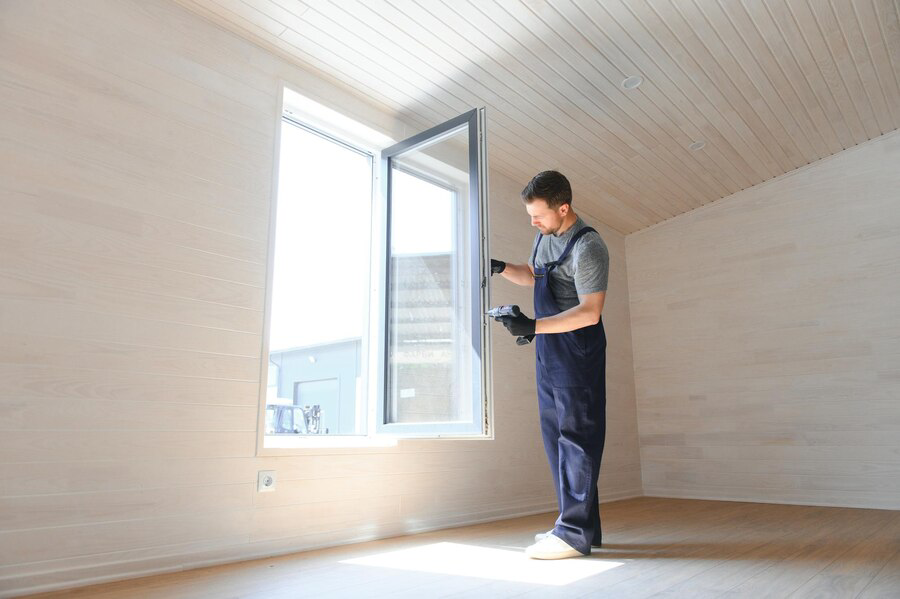

Recent Comments